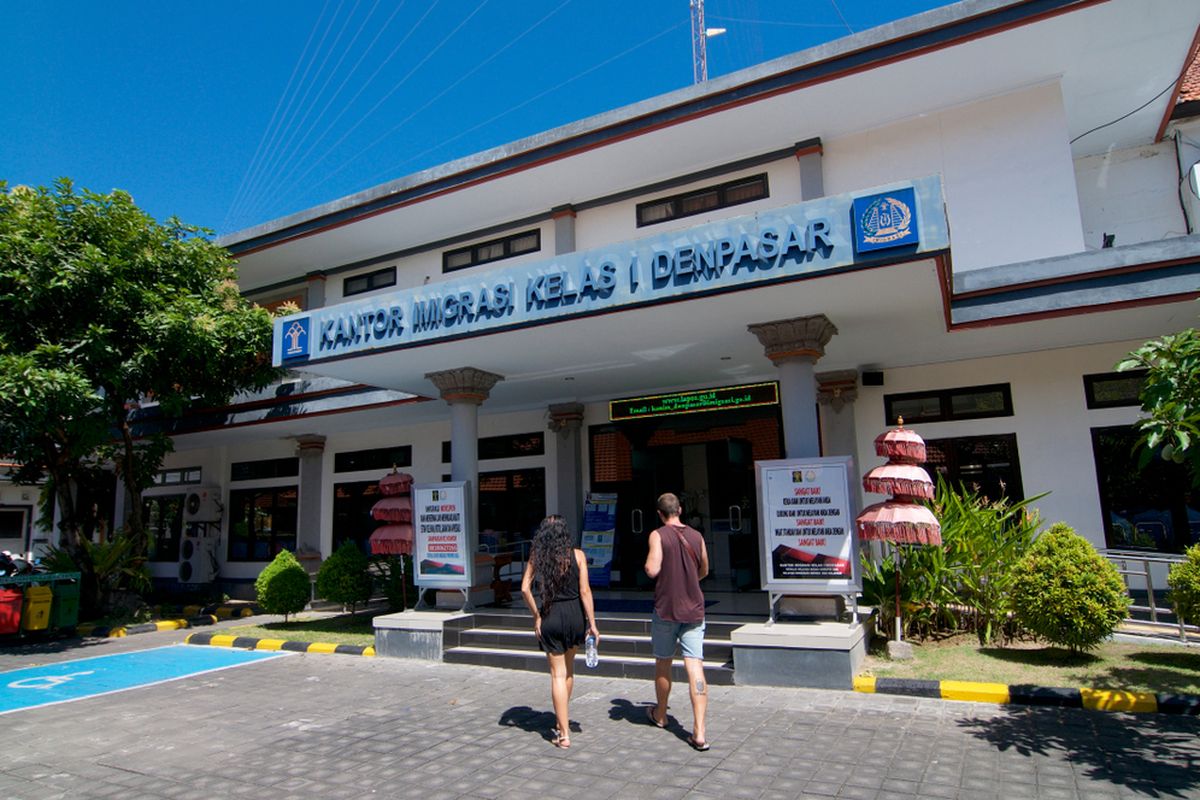Member of Commission XIII of the Indonesian House of Representative, Ahmad Basarah, has urged the Ministry of Immigration and Corrections to designate Bali as a high-priority work area for immigration oversight and enforcement.
He argued that Bali’s status as an international tourism hotspot and a major entry point for foreign nationals makes it uniquely strategic.
“During our recent working visit to Bali, Commission XIII agreed to propose to the Minister of Immigration that Bali be designated a top-priority work zone.
The situation in Bali is very different from other regions,” said Basarah during a meeting with the ministry on Monday (July 21, 2025).
He compared Bali’s case to other regions such as Yogyakarta, Papua, and Aceh, which receive special treatment due to their unique regional status.
In his view, Bali deserves a similar approach, particularly in terms of immigration policy, because of its global significance.
Basarah also emphasized the need for stability in immigration leadership within Bali. He urged the ministry not to rotate immigration officials such as regional office heads (Kanwil) and immigration office heads (Kanim) too frequently, allowing them time to fully grasp and manage the complexities of local immigration issues.
“Officials in Bali shouldn’t be reassigned too quickly. They need enough time to deeply understand their duties and responsibilities,” he stated.
Prison Conditions and Child Protection
In addition to immigration matters, Basarah highlighted ongoing concerns within correctional facilities, particularly overcrowding and the presence of toddlers living with their incarcerated mothers in women’s prisons.
“There are many young children living in prison with their mothers, but they are not receiving basic necessities such as milk, proper food, and clean water,” Basarah noted.
He stressed that the government must step in to ensure these children receive appropriate care, as they are innocent and should not suffer due to their parents’ criminal offenses.
Basarah also raised concerns about chronic issues in correctional institutions, such as overcapacity and drug circulation, which persist year after year without adequate resolution.
“We hope the performance of the Ministry of Immigration and Corrections will continue to improve in safeguarding the interests of our beloved nation,” he concluded.
Sources: Kompas.com
Feat Image : via Shutterstock/Marlon Trottmann

